Public-Mandate POSCO Emerges as a Solution to HMM Privatisation: “Market Likes It, Industry Pushes Back”
Input
Modified
Market says POSCO has both mandate and money Shipping and shipbuilding lobby bristles After a run of setbacks, POSCO needs a turnaround
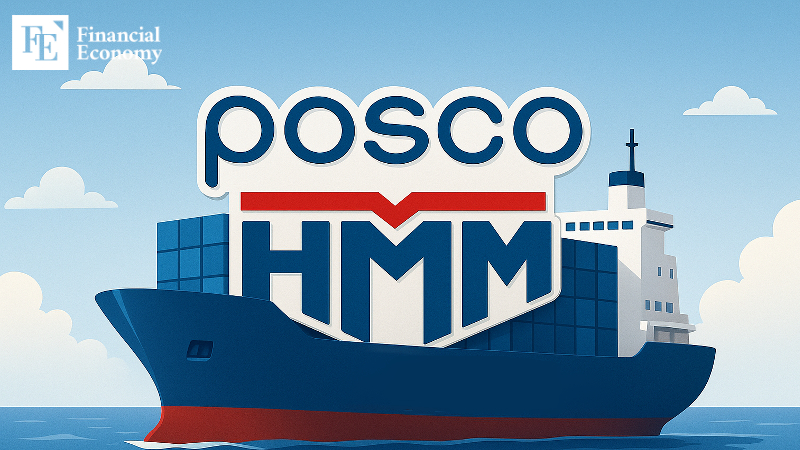
POSCO has emerged as a leading bidder in the sale of HMM, South Korea’s largest container line. In government and market circles, POSCO’s quasi-public character—its largest shareholder is the National Pension Service—is drawing attention as a practical way forward. But Korea’s shipping and shipbuilding sectors are mounting a fierce backlash, warning of ecosystem damage, and the legal hurdles are considerable. Weighed down by weak steel earnings and accidents in its construction arm, POSCO badly needs a breakthrough—yet any HMM deal would pile on financial strain and conflict-management challenges.
POSCO signals interest as a portfolio play
According to investment-banking sources on the 16th, policymakers and local leaders across Busan, Ulsan, and South Gyeongsang Province have recently begun to rally around POSCO as a workable buyer for HMM. HMM’s core shareholders today are Korea Development Bank (36.02%) and Korea Ocean Business Corporation (35.67%). POSCO is reportedly examining the purchase of KDB’s stake and, earlier this month, assembled outside advisors—Samil PwC and Boston Consulting Group—to run the business case.
The logic elevating POSCO as a front-runner starts with its unusual governance. With the National Pension Service holding 8.32%, POSCO blends a public-interest mandate with private-sector efficiency—making it, in the government’s eyes, a compromise that preserves policy leverage. Markets also notice the structure: unlike a standalone private-equity buyer or another chaebol, POSCO can absorb public objectives while still running a tight ship, making it a best-case mediator for a highly complex divestment.
Internal politics at POSCO are another subplot. Under Chairman Jang In-hwa, who took office in March last year, the No. 6 conglomerate by size has seen its political profile dim—excluded from major outbound economic delegations, for instance. An HMM acquisition could hand POSCO both political cover and industrial synergy.
Last year HMM posted operating profit of about $2.58 billion and net profit of about $2.78 billion, implying a rich valuation. If POSCO succeeds, the prize would be “strategic value” beyond price: from importing iron ore and coking coal to exporting finished steel, POSCO could internalise logistics end-to-end and materially lift cost efficiency. In a steel downturn, that is a portfolio-diversification card that could underpin steadier cash flow.
Regional expectations in the Busan-Ulsan-Gyeongnam belt also buttress the sale narrative. Relocating HMM’s headquarters to Busan would move roughly 2,000 employees, directly tying corporate decisions to regional revitalisation—and dovetailing with President Lee Jae-myung’s campaign pledge. POSCO previously encountered local resistance to shifting its own Pohang headquarters; paradoxically, that experience is seen as an asset for securing local buy-in on an HMM move.
Relations with Korea Ocean Business Corporation (KOBC) could also be smoother for POSCO than for other conglomerates. While KDB tends to prioritise investment returns, KOBC tilts toward protecting the national carrier. A traditional chaebol bidder would likely clash with KOBC over control. POSCO’s public-sector ownership profile, by contrast, raises the odds of collaborative governance. “POSCO is almost uniquely positioned to satisfy privatisation, public oversight, local acceptance, and policy goals all at once,” said one business-community source, betting the deal could get done.
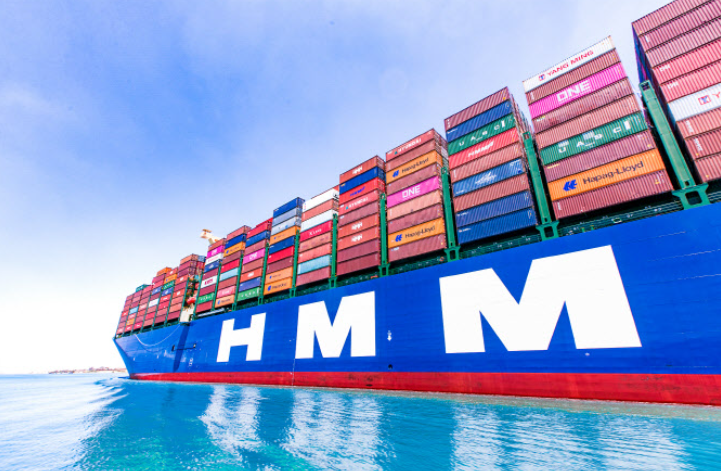
“Ecosystem wrecking” vs. “industrial synergy”: duelling narratives
News that POSCO is studying a bid prompted immediate pushback. On the 11th, the Korea Shipowners’ Association demanded a U-turn, warning that a “mega-shipper” customer integrating into the carrier business could collapse the ecosystem. The Busan Port Development Council and civil groups echoed the alarm: keep the national carrier independent; don’t let a single conglomerate reshape the industry.
The crux of the opposition is market concentration. If POSCO controls a carrier while handling both raw materials and finished steel, existing lines could see bulk cargo volumes abruptly siphoned away. The association warned shipping could be relegated to a steel appendage—first to be sacrificed in a downturn—citing failed precedents. Guyang Shipping, founded by POSCO in 1990, never moved beyond captive freight before being sold to Hanjin Shipping in 1995; SK Group also exited its shipping stakes with similar results.
Shipbuilders are uneasy, too. If a heavyweight buyer of raw materials also becomes a dominant ship buyer, yards could find themselves in an unprecedentedly weak bargaining position. A POSCO-led bulk-carrier orderbook, critics say, would hinder client diversification and entrench dependency across the ecosystem. Legally, shipping-business registration requires deliberation by the Ministry of Oceans and Fisheries’ policy advisory committee, pointing to a rough regulatory path.
Global precedents sharpen the contrast. Maersk’s acquisition of Hamburg Süd and CMA CGM’s absorption of APL are held up as scale-driven, network-expanding successes. But vertically integrated “captive cargo” models—from Brazil’s Vale to Korea’s Guyang and Hanjin cases—failed to leverage true shipping expertise. With the HMM sale now touching shipping and shipbuilding survival, nothing about success is guaranteed.
A gambit to change the narrative—blocked by balance-sheet and regulatory walls
Despite the turbulence, POSCO’s interest reflects a sense of urgency: both its core steel business and its designated growth engine in battery materials have stumbled. On a consolidated basis, POSCO Holdings’ EBITDA slid from $6.28 billion in 2022 to $5.42 billion in 2023, then to $4.53 billion last year. First-half results this year came in at $2.36 billion, roughly flat with the year-earlier $2.40 billion, showing no clear recovery. External risks, including newly effective 50% U.S. tariffs on imported steel and aluminium, add to the uncertainty.
The balance sheet is heavier, too. Net debt at POSCO Holdings more than doubled—from $3.68 billion at end-2020 to $8.82 billion at end-last year. The group is pursuing liquidity measures and restructuring, but progress has limits. POSCO aims to secure $1.54 billion of liquidity by year-end; between last year and Q1 this year, it cobbled together $698.5 million via restructuring and roughly $294.1 million from selling its stake in POSCO-Zhangjiagang Stainless Steel (PZSS).
Organisational trust is another weak spot. POSCO E&C has suffered a string of serious industrial accidents, prompting its CEO to step down after just eight months. After criticism from President Lee and other political leaders, POSCO partnered with SGS on group-wide safety management. Even so, repeated fatalities and slow responses have hurt morale and credibility, with consensus forming that “more time is needed to fundamentally mitigate ESG risk.”
Against this backdrop, an HMM bid reads as more than expansion for expansion’s sake—it’s a shot at changing the story and the cycle. The aim: offset softness in steel and batteries, and present investors with a new pillar in shipping. Execution, however, is the catch. With multiple large capex programmes already underway, adding HMM would intensify capital-allocation strain. Layer in the Shipping Act, the Framework Act on Logistics Policies, and forceful industry resistance, and uncertainty multiplies. In the end, POSCO’s push for HMM is a high-stakes bet that could unlock new growth—or amplify group-wide risk.

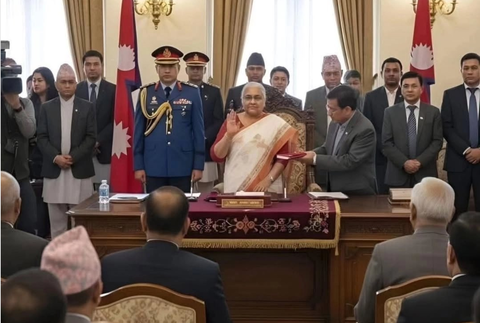

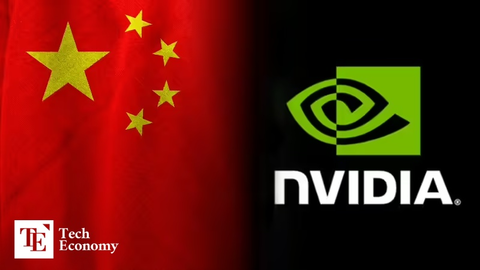
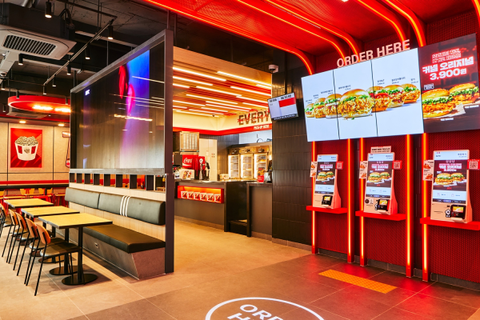
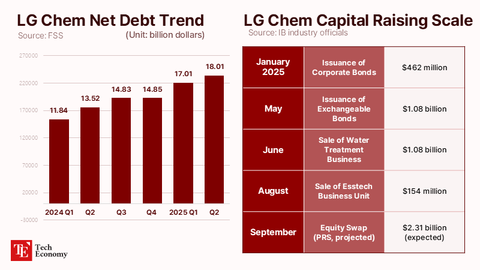
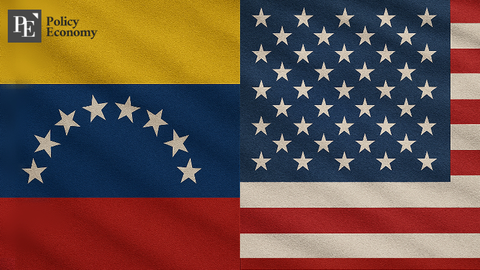















Comment